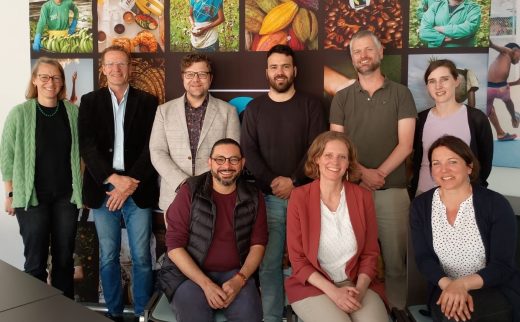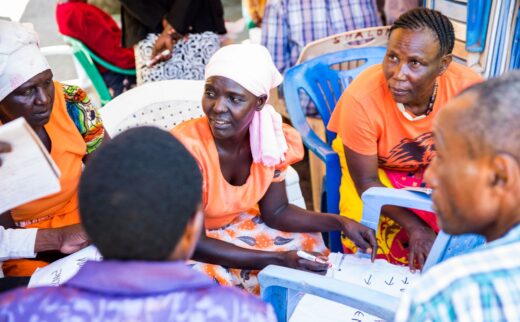Climate Change and Women: Disproportionate Impact and Solutions
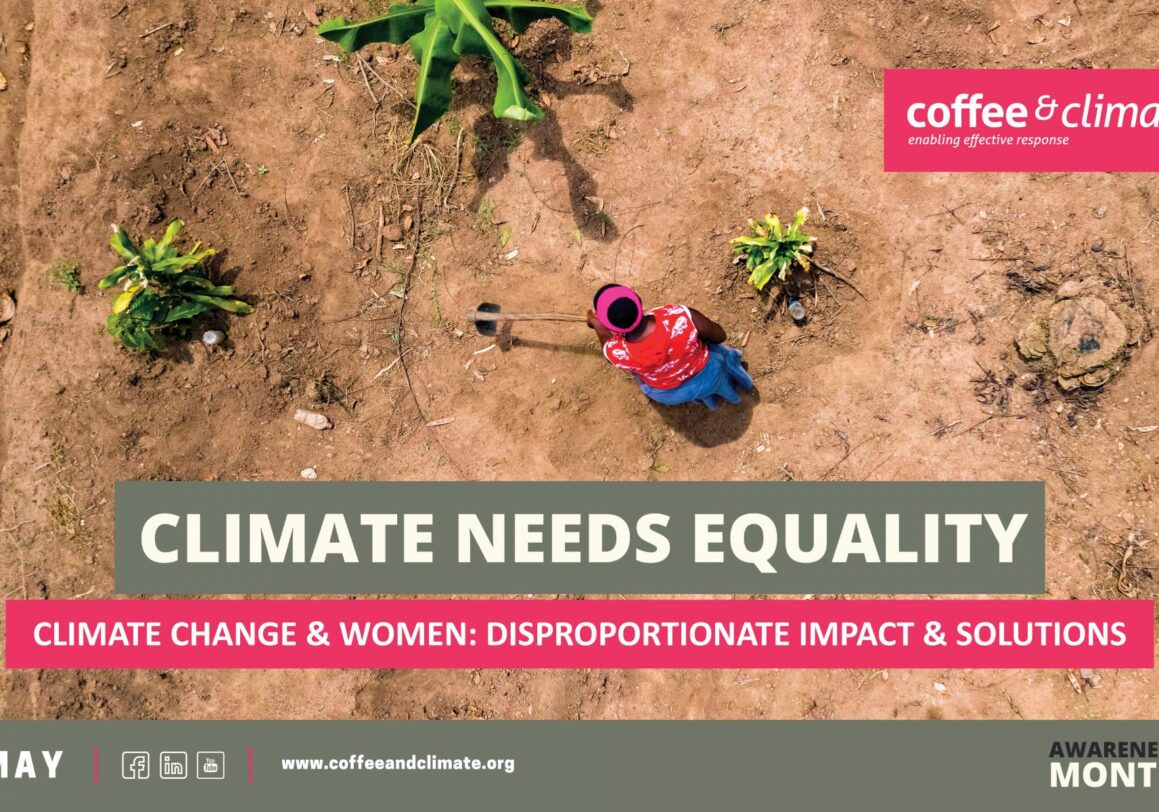
The impacts of climate change put a strain on smallholder families in many ways. Extreme temperatures, erratic and unpredictable rains, droughts, and floods affect smallholders’ production, livelihoods, and living conditions. Women, in particular, are more affected than men due to various gender disparities.
Gender disparities make women more vulnerable to climate change
Traditional gender roles dictate that women are responsible for managing household duties and resources. This includes household chores like collecting water and firewood, preparing meals, caring for the children, and cleaning, on the one hand, and working on farms on the other. Climate change leads to poorer yields, less availability of resources, food insecurity and makes the tasks of women more challenging for them. This affects the overall well-being of female smallholders and their families.
Women in rural areas take a lot of time and energy performing domestic and farm tasks, so they often have heavier workloads than men. Having less time affects women’s ability to adapt to climate change. It prevents them from engaging in other income-generating activities, attending training on climate-smart adaptation or actively participating in their farmer organizations which can support their development and therefore enable them to build their resilience to climate change.
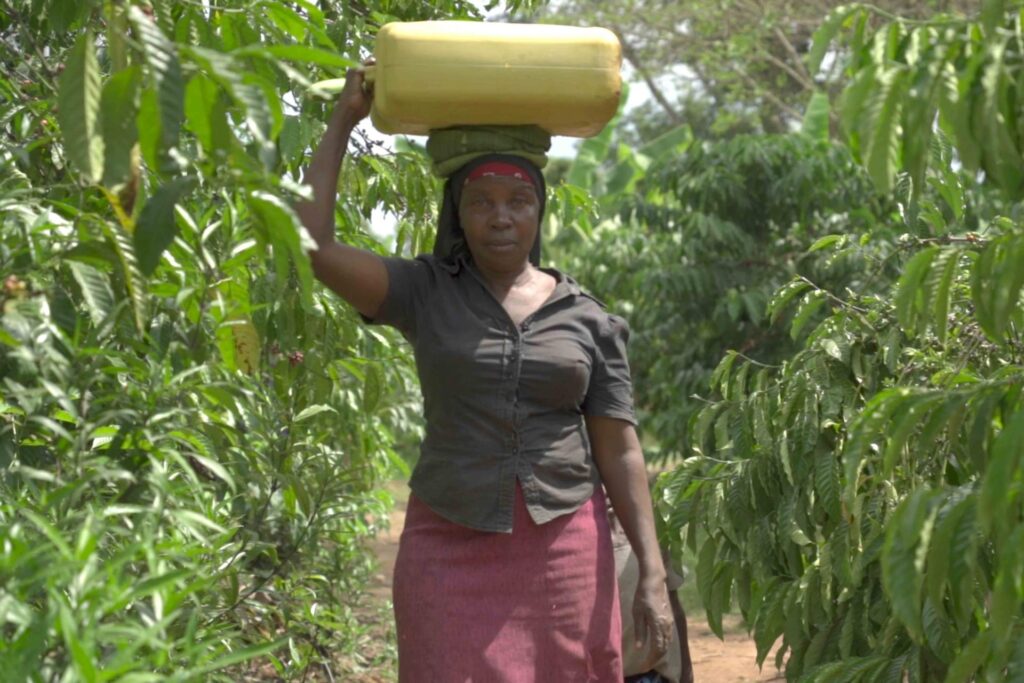
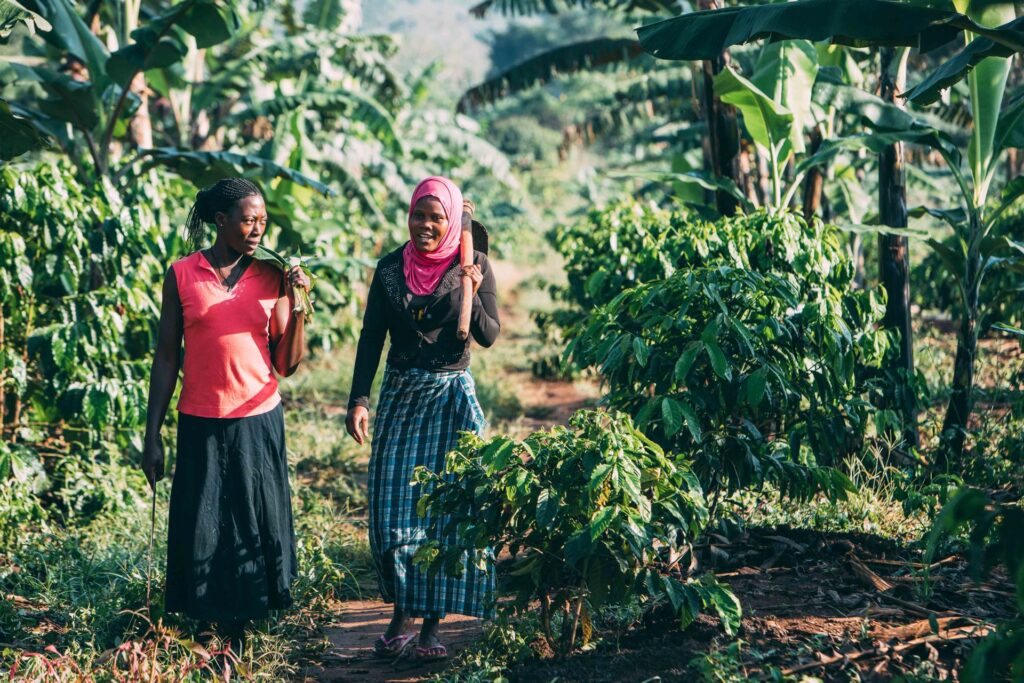
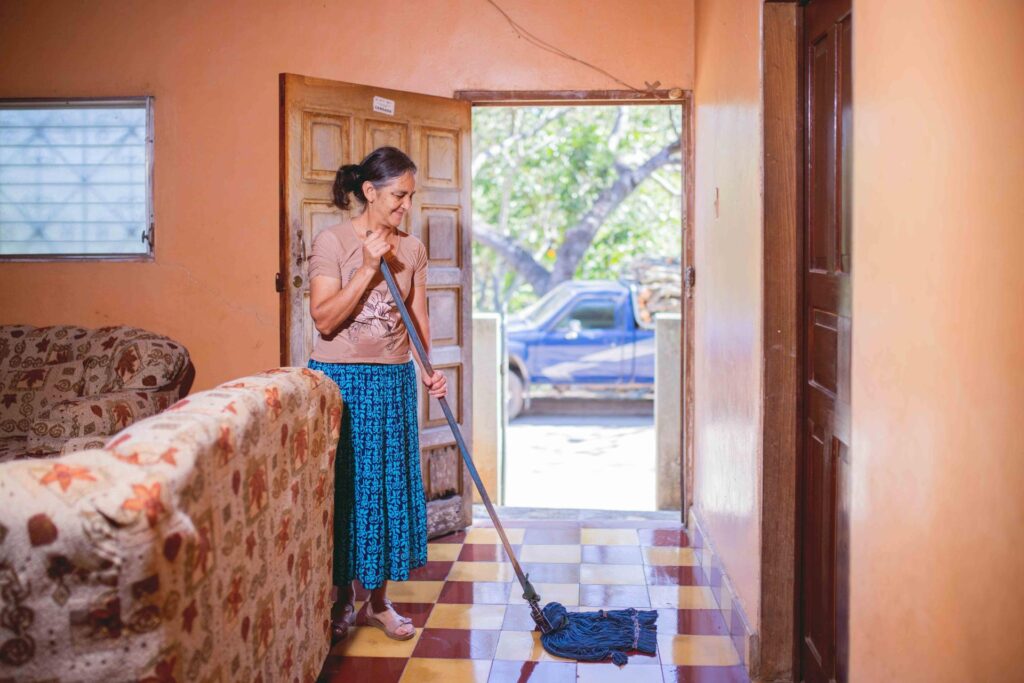
Exclusion from planning and decision-making also weakens women’s ability to adapt. Typically, men exclusively have access to markets and decide how to spend household income. Again, this is due to the patriarchal nature of the traditional family structure. Ultimately, this can weaken the economic progress of the household as women do not have a say in expenditure. Without women’s voice, smallholder families may not prioritize investments that can support and develop their families. These include climate-smart practices and technologies as well as time-saving technologies such as domestic water harvesting.
Unfortunately, due to the patriarchal nature of some rural communities, women are excluded from leadership roles at the farmer organization and community level. This not only stifles women’s ability to benefit from the services of these organizations but also prevents them from contributing to their development. As leaders of farmer organizations, women can advocate for more women-friendly policies to grow female membership and thus, strengthen the production, climate resilience, and overall activities of the farmer organizations/cooperatives e.g. bulk marketing, loan facilities, accessing genuine agricultural inputs etc.
Improving equality and resilience to climate change within coffee growing communities
All these gender disparities amplify the impacts of climate change on women while also reducing their ability to build their resilience to climate stresses and shocks. However, these gender inequalities can be addressed through a combination of strategies. Below are some of the ways the initiative for coffee&climate (c&c) is making a change.
Promoting Gender Equality at the Household Level
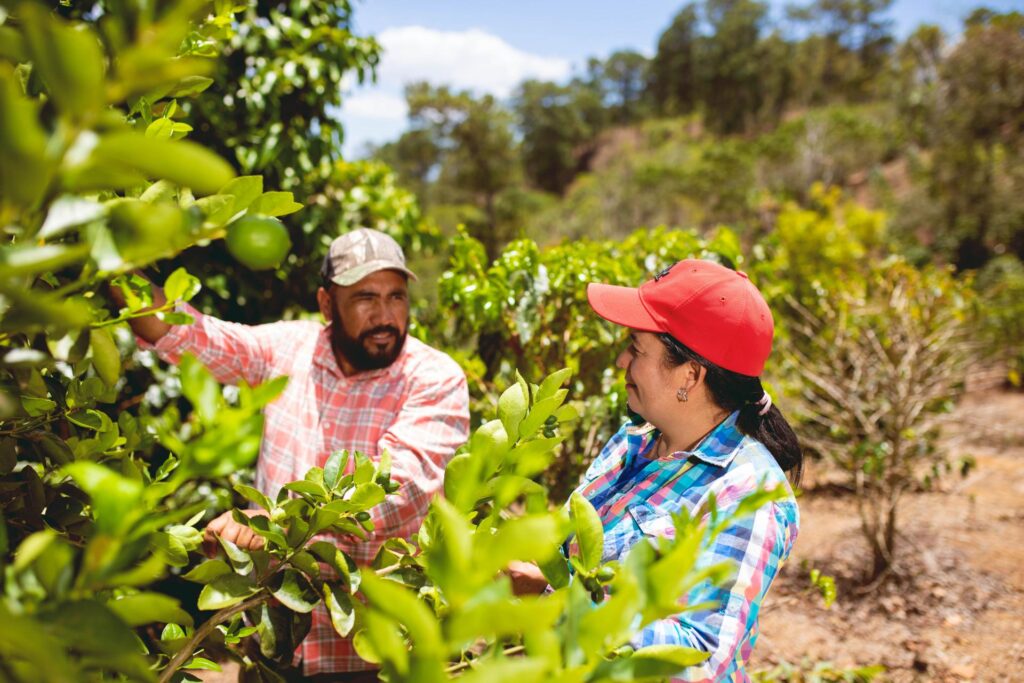
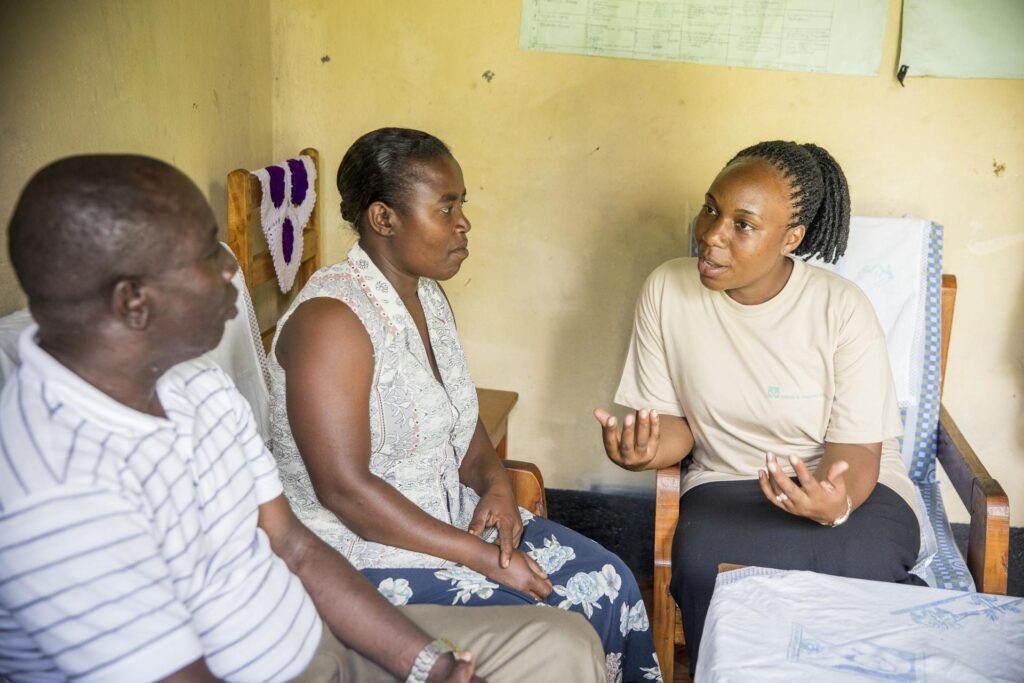
c&c integrates gender training into its climate action across all regions, particularly in East Africa. Through our implementing partner Hanns R. Neumann Stiftung (HRNS), we conduct group training sessions and individual household visits to raise awareness about gender inequalities and how they affect the overall development of the family. Through this, we see men and women improve their cooperation and share domestic and farm labor. This gives women more time to do other activities that can build their resilience to climate change such as engaging in other income-generating activities, attending training on climate-smart adaptation, or actively participating in their farmer organizations which can support their development.
Additionally, gender training encourages inclusive decision-making about household expenditure and planning. We support the joint development of a household vision and budget that guides the couple in their plans. This increases investments in climate-smart practices and time-saving technologies that can help households adapt to climate change and become more resilient.
Empowering Households with Time-saving Technologies
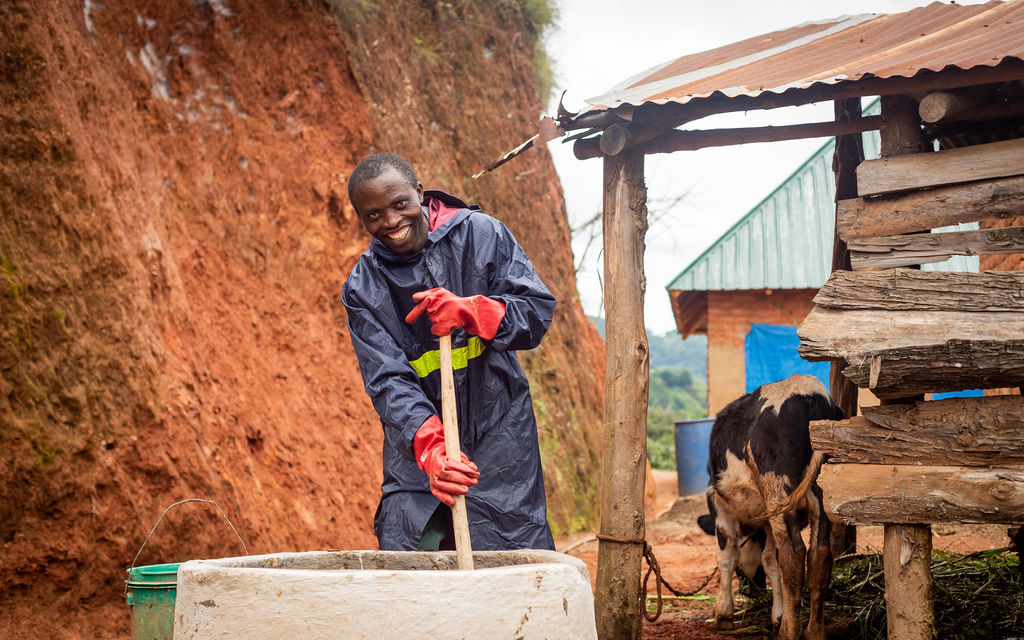
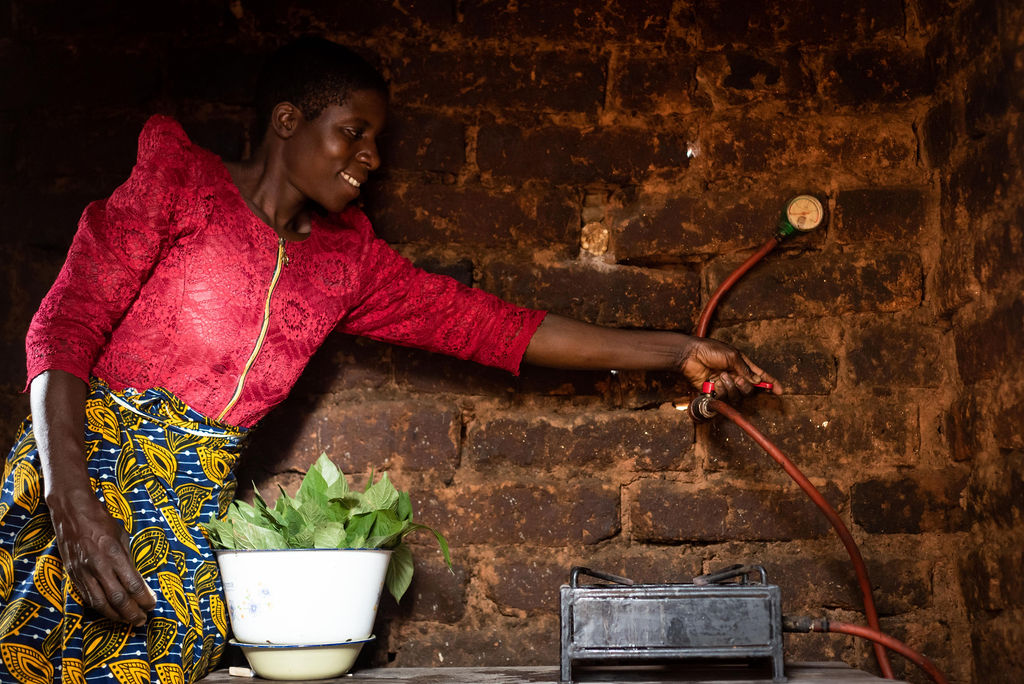
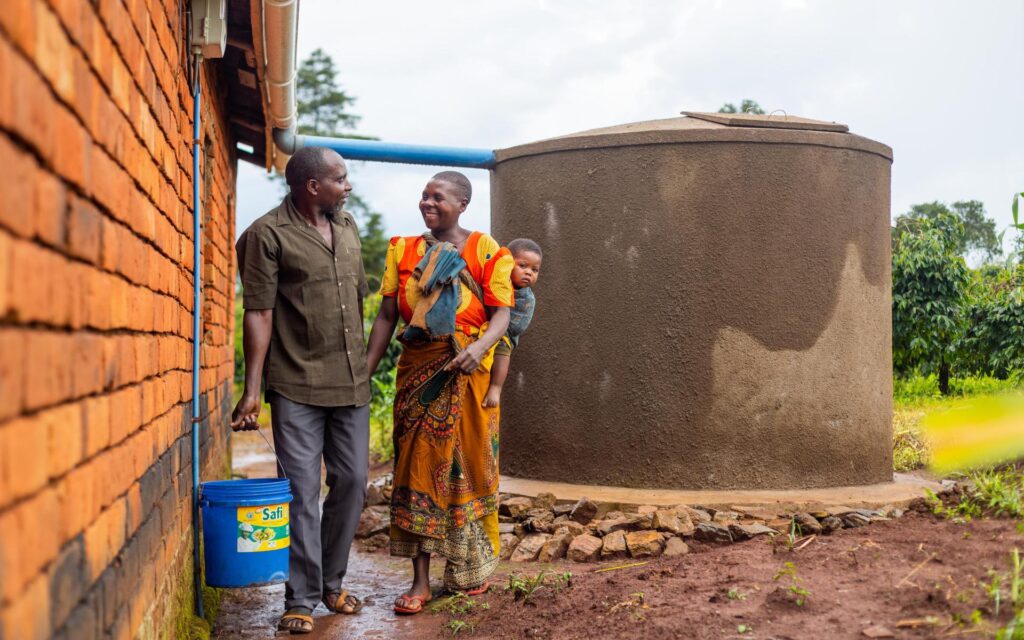
To reduce women’s vulnerability to climate change, c&c encourages and supports the use of time-saving technologies. These include renewable energy sources such as efficient cookstoves, biogas, solar, and domestic water harvesting tanks. As the amount of time spent collecting firewood or water is significantly reduced, women can spend more time on other activities. These energy alternatives to firewood are also beneficial as they are environmentally friendly, minimize greenhouse gas emissions and reduce the rate of deforestation.
Encouraging Women’s Participation in Leadership Roles
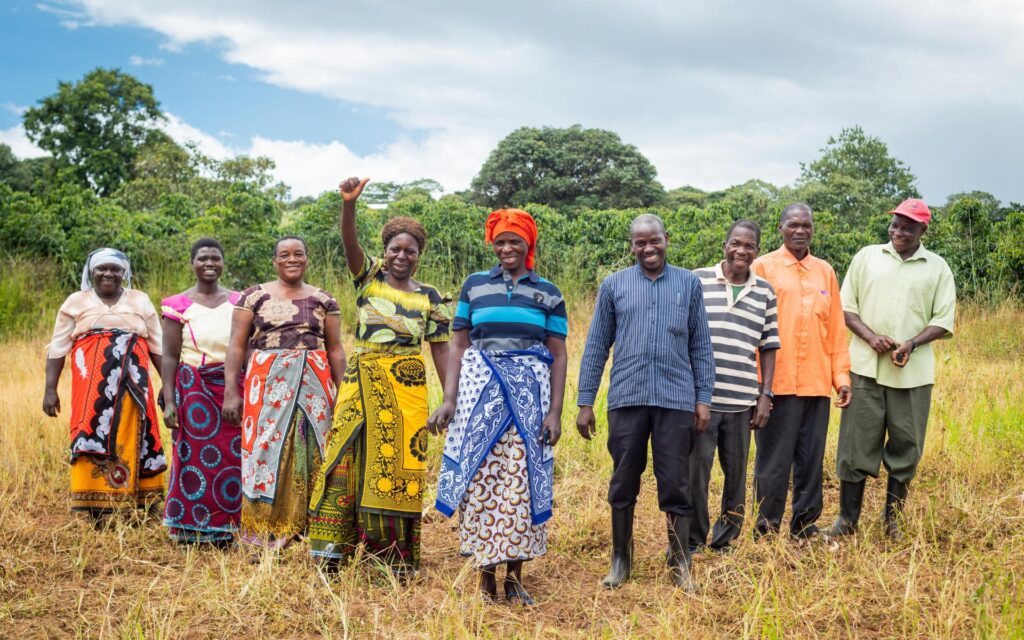
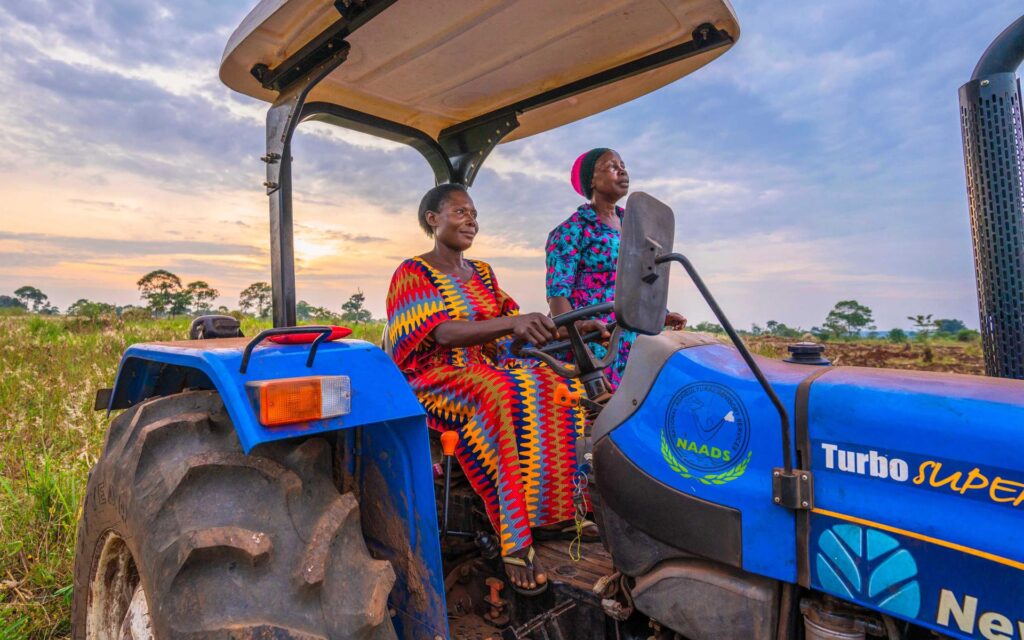
If included in the leadership of farmer organizations, women can also positively influence and affect policies so that more women become members and participate in activities and training on climate-smart practices. c&c provides gender sensitization to cooperatives and farmer organizations to raise awareness of gender discrimination and empower women leadership. This leads to increased women’s participation and representation in farmer organizations and cooperatives and in decision-making bodies that impact production.
In conclusion, climate change has complex impacts on women smallholders. It is important to recognize and address these impacts to ensure that climate change policies and interventions are gender-responsive and support the needs and priorities of women smallholders. Empowering women smallholders with access to technology, markets, and decision-making processes will help them adapt to climate change and build more resilient communities.
